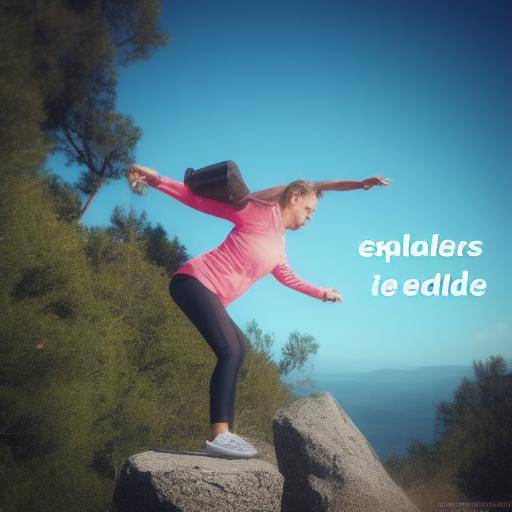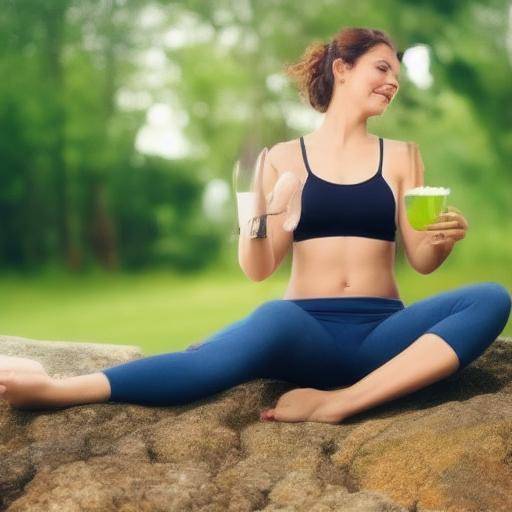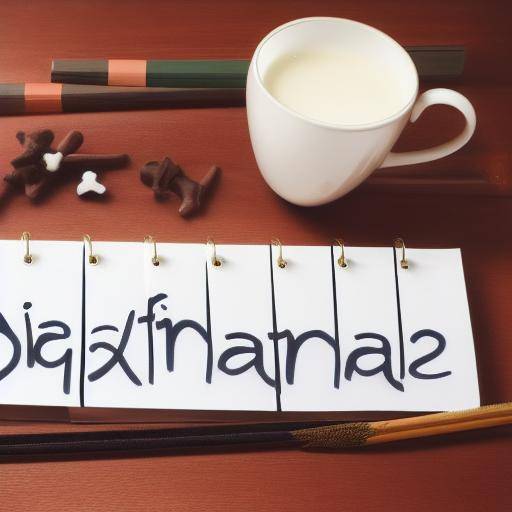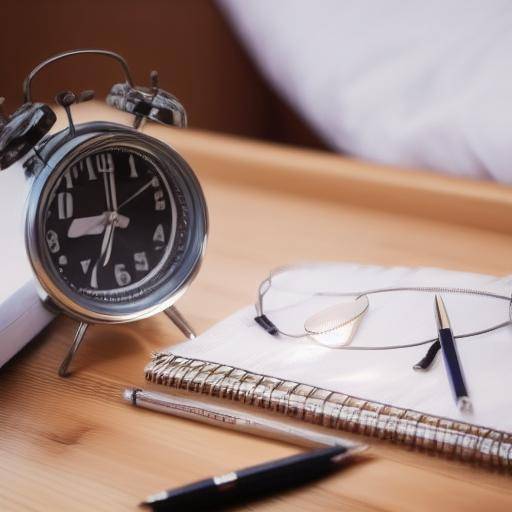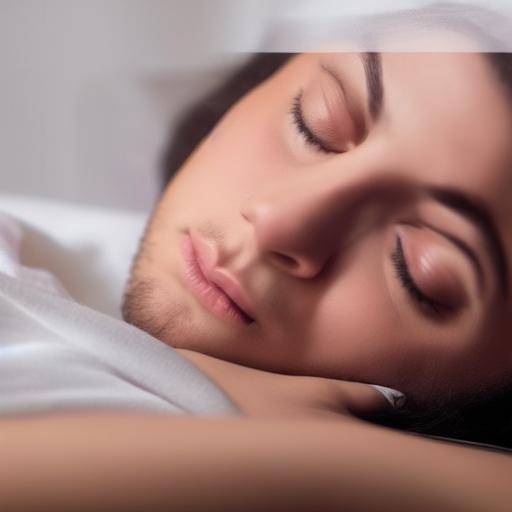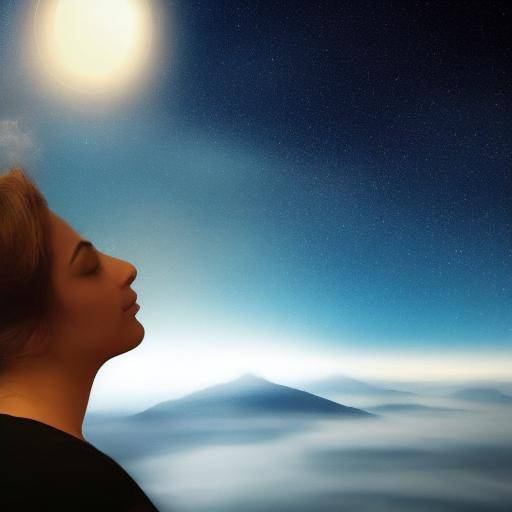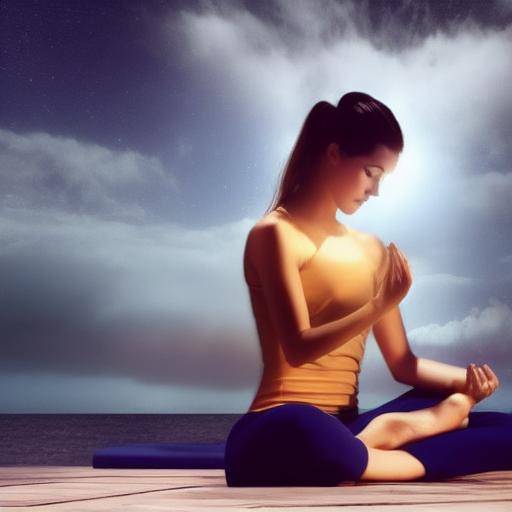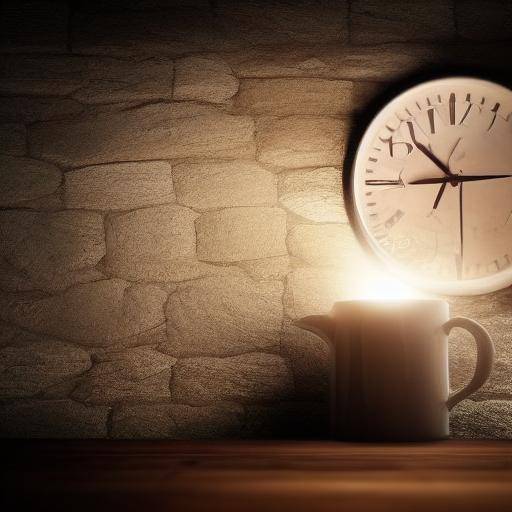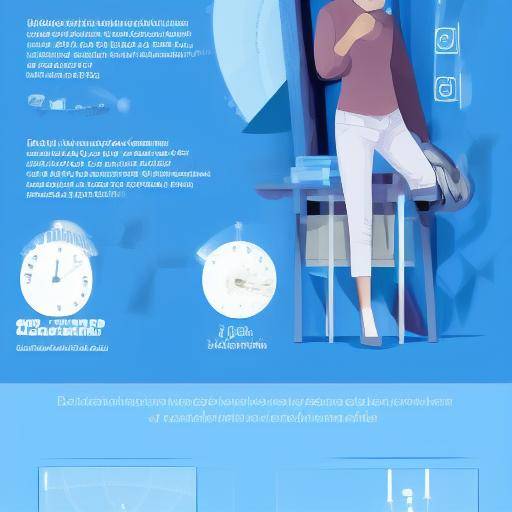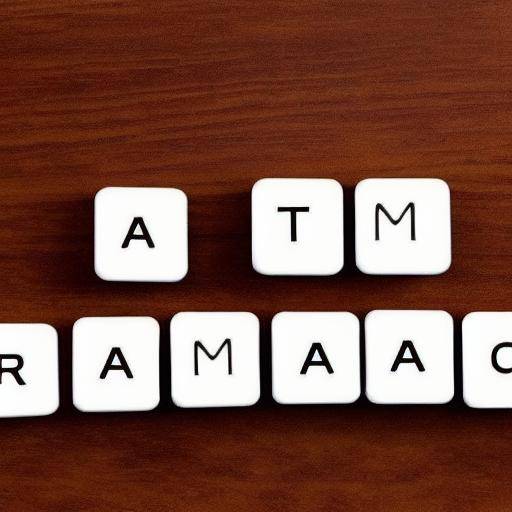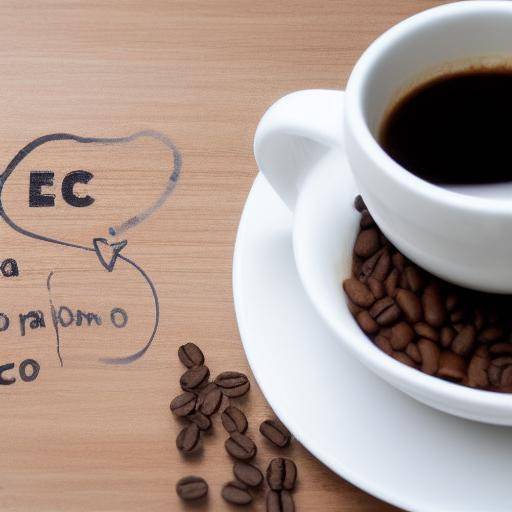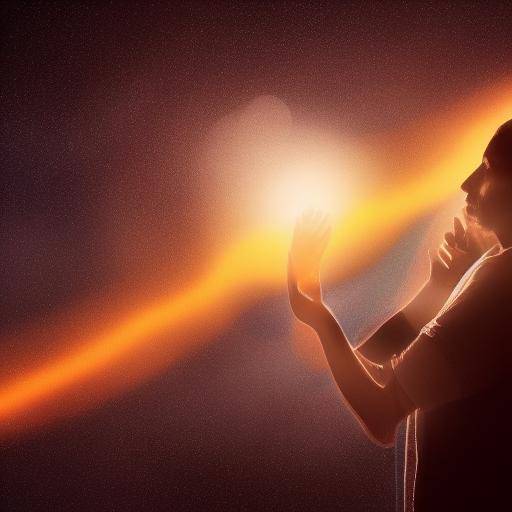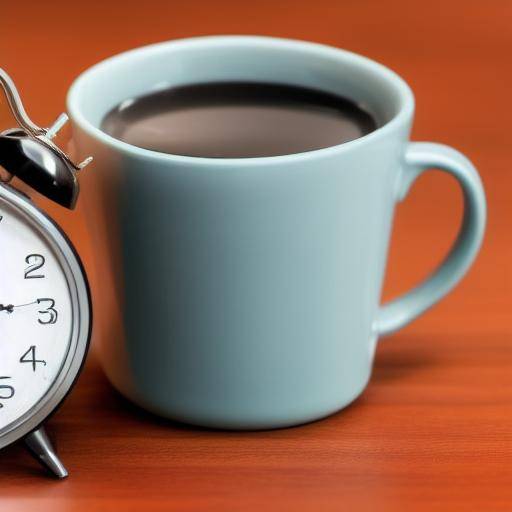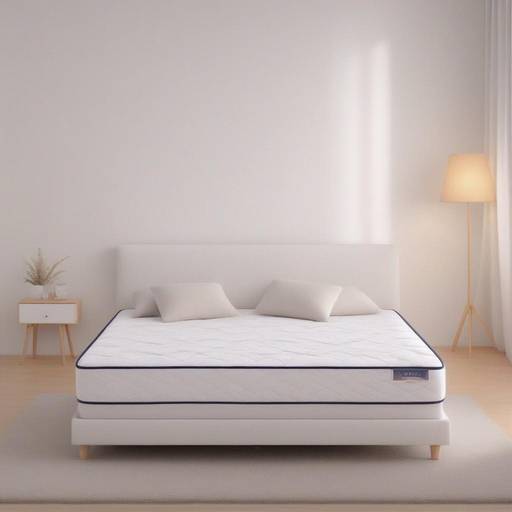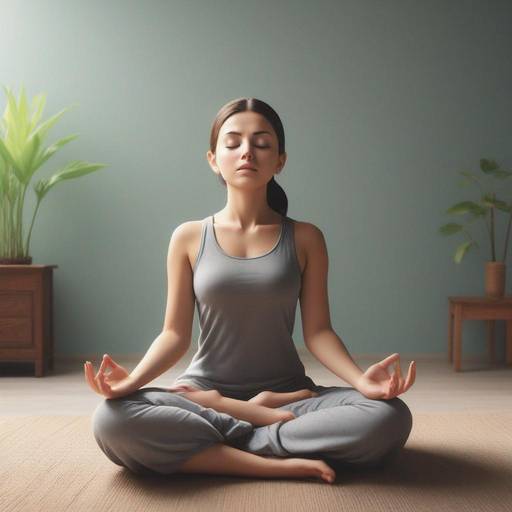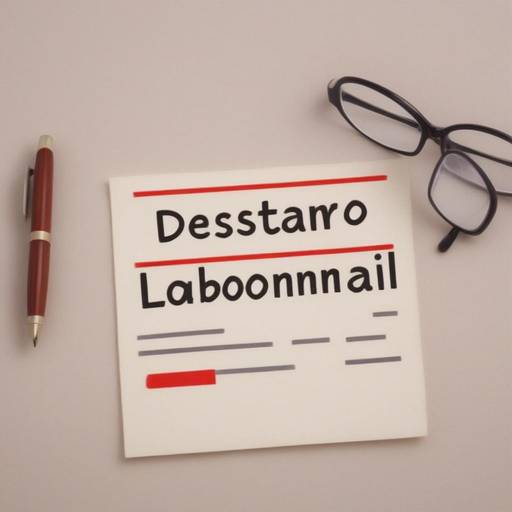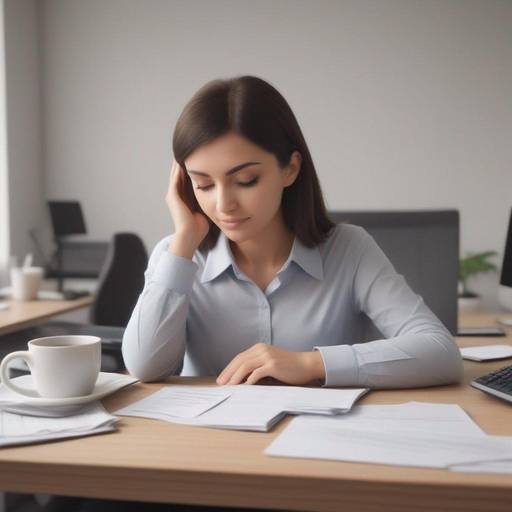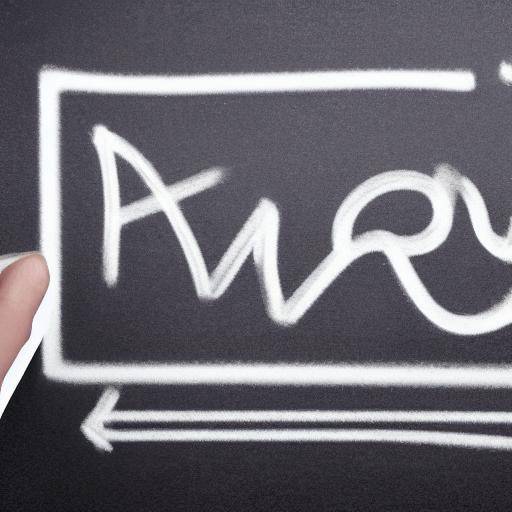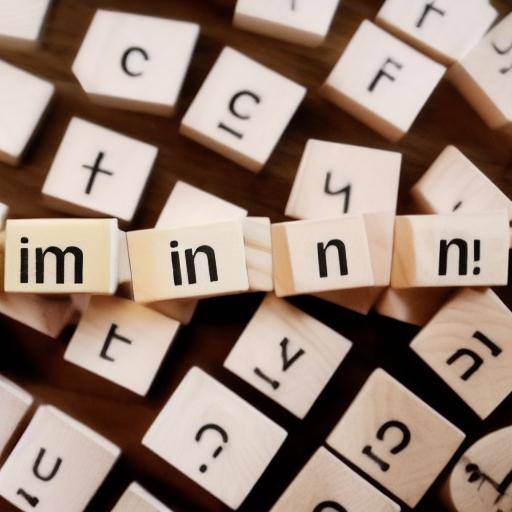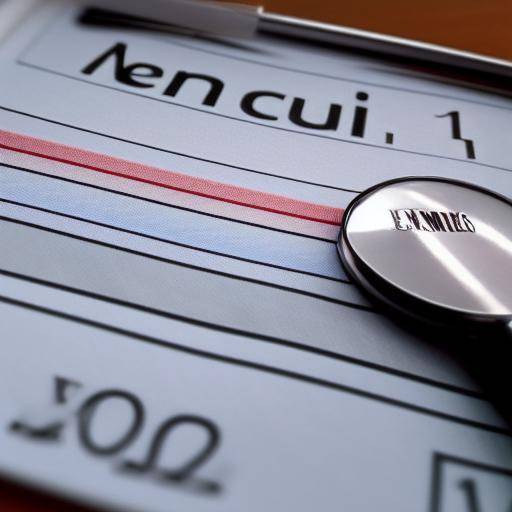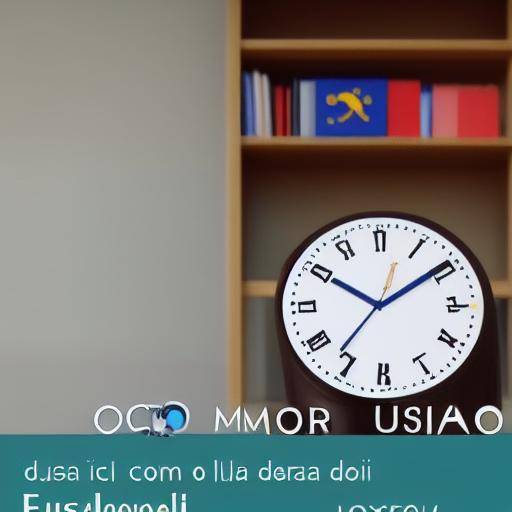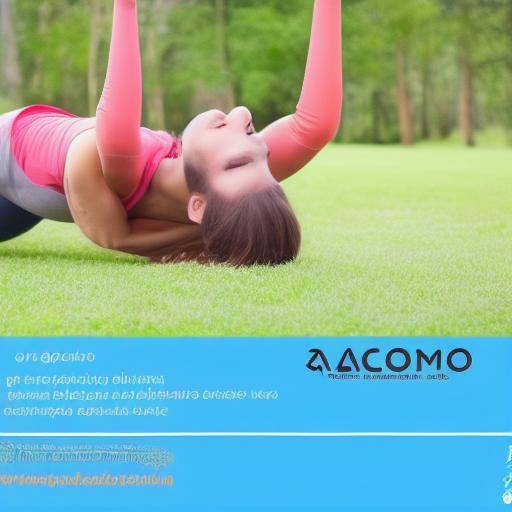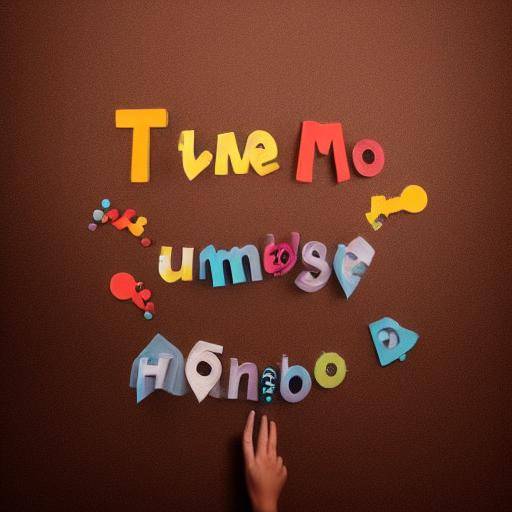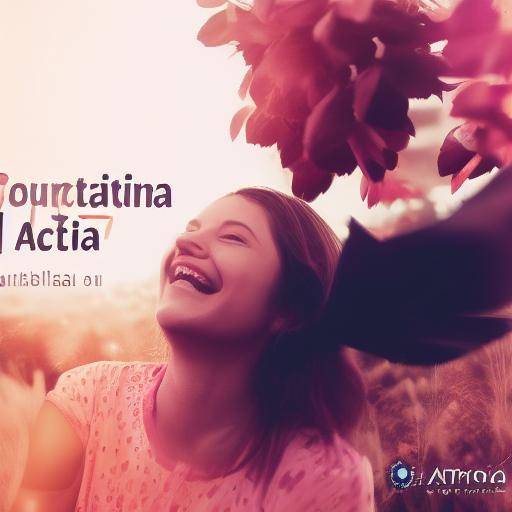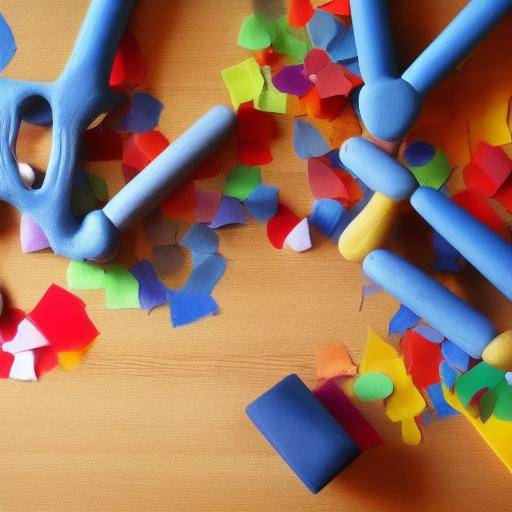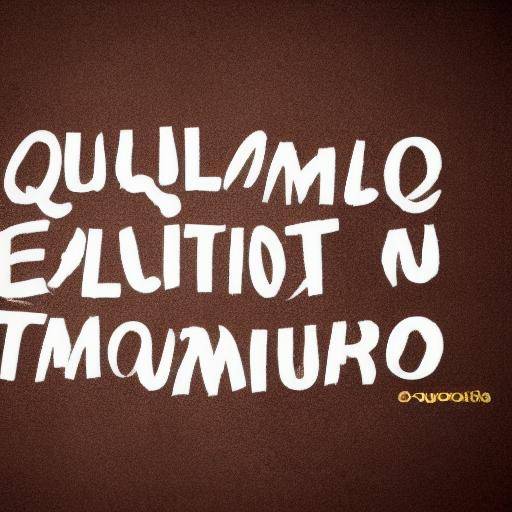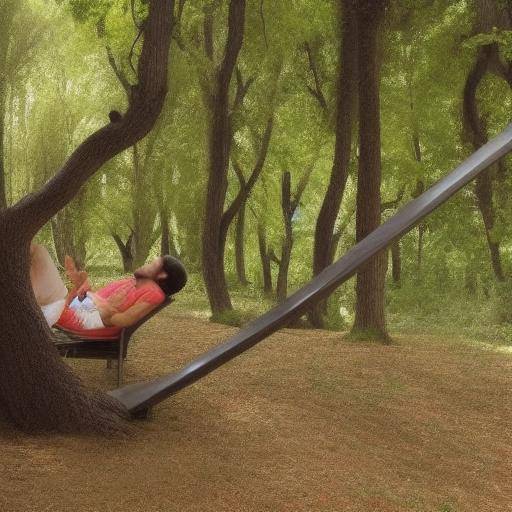
In modern society, free time is a valuable resource that we must learn to enjoy and take advantage of in the best possible way. Rest and relaxation play a crucial role in our personal well-being. In this article, we will explore the importance of rest, the management of free time and how they influence our physical and mental health. In addition, we will analyze strategies to optimize our leisure time and maximize your benefits.
History and Background
The concept of rest and free time has evolved throughout the history of humanity. From ancient civilizations to the digital era, human beings have valued the need to disconnect and recharge energies. In ancient times, rest was associated with relaxation rituals, while in the industrial era it was considered a luxury for those who could afford leisure. However, at present, rest and free time have become a vital need, fundamental to maintain a balance in our lives.
Benefits of Rest and Relaxation
The right rest not only provides a temporary relief of daily stress, but also has long-term benefits for our health. Sleeping long enough and taking free time consciously contributes to improving cognitive function, strengthening the immune system and reducing the risk of chronic diseases. Relaxation, on the other hand, decreases blood pressure, relieves muscle tension and fosters a more calm and positive state of mind.
Detailed Analysis
The current lifestyle, marked by constant connectivity, poses significant challenges to finding a balance between work, leisure and rest. Digital technologies keep us in a state of constant alert, making it difficult to effectively disconnect and relax. However, there are strategies and practices that can help us optimize our free time and improve our personal well-being.
Practical Recommendations
- Establish clear limits between work and free time.
- Incorporate relaxing activities, such as meditation or yoga, into our daily routine.
- Plan short getaways or vacation to completely disconnect.
- Cultivate hobbies and recreational activities that provide us with satisfaction and enjoyment.
Conclusions and FAQs
Rest and relaxation are an integral part of a balanced lifestyle. Learning to manage our free time effectively and dedicating time to proper rest is essential for our physical and mental well-being. We hope that this article has provided valuable information and practical strategies to maximize our leisure time and rest effectively.
Frequently asked questions
**What is the recommended amount of rest time?**The recommended rest time varies according to age and individual needs. However, in general, it is recommended that adults sleep between 7 and 9 hours per night.
**How can I disconnect from work during my free time?**To disconnect from work during free time, it is advisable to set specific periods to review email and turn off notifications outside that timetable.
**What activities are considered relaxing?**Relaxing activities may vary according to individual preferences, but common examples include reading, outdoor practice, time with family and friends, and meditation.
**What is the difference between active rest and passive rest?**Active rest involves participating in light or recreational activities such as walking, practicing yoga or gardening, while passive rest refers to total rest, such as sleeping or resting in a quiet environment.
**How does the right rest affect work performance?**The right rest is directly related to better job performance, creativity and effective decision-making. Resting enough can improve productivity and reduce the risk of labor exhaustion.
**What is the importance of free time for personal well-being?**Free time is crucial for personal well-being, as it allows us to recharge energies, dedicate ourselves to pleasant activities and maintain a balance between our working and personal lives.
Conclusion:
In short, rest and relaxation are fundamental elements for our total well-being. Through the effective management of our free time and the practice of healthy resting habits, we can optimize our quality of life and achieve a healthy balance between work, rest and recreational activities. We hope that this article has offered a deeper understanding of the importance of rest and relaxation in free time, as well as practical strategies to implement in daily life.





